
What Does It Signify When You Dream of a Deceased Loved One?
When we dream, our brain does numerous things, including working through our day and planning out how to tackle problems at work or school. Therefore, it’s not surprising that someone we love, or love and lost, might visit us while we sleep. But according to experts, there are a few reasons why.
Dreams Are Tools
Apparently, having dreams about a deceased loved one happens often, and the most common reason is grief. “Dreams about loved ones who have passed away can be quite common and are a normal part of the grieving process,” explains Dr. Michelle King. In fact, one study found that more than half of participants had dreams about their deceased loved ones. These dreams can be therapeutic, helping the brain to process the pain of loss and come to a place of acceptance. Interestingly, dreams about loved ones have received mixed reviews, with some saying they were “both positive and unsettling.”
Dreams Help Us Understand
“Another reason for dreams of a deceased loved one is an attempt to understand. We are still trying to make sense of the loss of a loved one, which can otherwise feel pretty senseless,” explains Margaret Pendergrass, a licensed clinical social worker and certified grief counselor. Having a grief dream only means that our brains are still trying to process what we have experienced. This could also be why these dreams sometimes feel so vivid—they are an active part of our emotional healing process.
A Desire to Reconnect
“Perhaps someone has visited you in a dream because you desire to reconnect with them. In these dreams, the dreamer might interact with the deceased in a normal setting, as if they were still alive,” King says. “This could reflect the dreamer’s desire to reconnect with the person or the person’s continued presence in the dreamer’s subconscious.” The subconscious mind can create these dreams as a way to hold on to a sense of connection, especially when the loss feels unbearable.
Leaving a Message
While many believe their loved ones come to them in a dream to tell them something important, King explains that’s not exactly the case. It turns out, these dreams are actually messages from your brain. “Many folks have dreams where a loved one appears to be delivering a message or a piece of advice. This doesn’t necessarily mean that the person is actually trying to tell you something,” King explains. “Rather, it usually says something about your own emotional state. This could reflect the dreamer’s internal dialogue or their desire for guidance.”
Dreams May Represent Unresolved Feelings
We are often left with unspoken feelings when we unexpectedly lose people we love. As such, they are a way to help us work through these big emotions and unspoken words. “If the deceased appears distressed or the dream is unsettling, it might indicate the dreamer’s unresolved guilt, anger, or sorrow related to the person,” King says. These emotions can surface in unexpected ways, and dreams provide a safe space for them to be explored.
They’re a Reflection of Memory
Dreams may also offer insight into the cherished or traumatic moments of our past. “These dreams reflect memories from earlier life that we may still be trying to process and understand,” she explains. “After losing someone, we can be reminded of memories that we never fully made sense of before.” The brain has a way of bringing past experiences into focus, allowing us to revisit and interpret them with new understanding.
Speculation Rather Than Science
Although there are several mental health professions, some things, such as the meaning of someone’s dream, are circumstantial and, in many cases, left to speculation. Dr. King notes that dream interpretation isn’t an exact science. “It’s important to remember that dream interpretation is not an exact science and can vary greatly depending on cultural, personal, and situational factors,” she says. However, dream interpretation can be therapeutic and help us make sense of our emotions.
The Science of Dream Interpretation
The art of dream interpretation has been around for centuries. For instance, Hippocrates (460–377 BCE) believed our dreams offered insight into underlying medical conditions or concerns, providing a better understanding of one’s physical state. Meanwhile, modern psychologists like Sigmund Freud and Carl Jung believe they protect us from conflicts and teach us about our unconscious feelings or desires.
While there’s no way to know exactly what someone’s dream means, several theories make sense, and experts have studied the impacts of working through the emotions that arise. The findings reflect that processing these things can have a positive effect on one’s mental health. In many cases, dreams were in direct correlation with the healing process after the death of a loved one.
Waves Rather Than Stages
Grief has many stages. However, most people think those stages come one after the other. In contrast, the stages of grief hit at random and differ from person to person. As such, feelings come and go like waves rather than in “stages.” Moreover, it’s easy to feel like you’ve accepted the death of a loved one, only to have a dream about them and realize things are still left unsaid or unprocessed.
Stages of Grief
The stages of grief were first identified by Dr. Elisabeth Kübler-Ross in 1969 and are common emotional stages among people addressing the loss of a loved one. Moreover, the grief process can be experienced as the result of any major life change, including positive changes like getting a higher position or moving to a new place. Here are the stages of grief:
-
Denial
-
Anger
-
Bargaining
-
Depression
-
Acceptance
Working Through Grief
Because everyone’s grief journey differs, it’s difficult to put a timeline on something as precise as someone’s feelings. However, there are some helpful tools to assist in moving through and recovering from the stages. Some examples include:
-
Journaling (This can be documenting your dreams or the feelings that arise from the dreams.)
-
Speaking with a grief counselor
-
Maintaining a regular sleep schedule
-
Ensuring a full night’s rest
-
Mindful practices like yoga, meditation, or somatic therapy
-
Eating a healthy and well-balanced diet
-
Getting regular exercise
While many of these practices are recommended for almost everything in life, there’s a good reason. Several of these practices work in tandem to maintain overall health and well-being. As such, these tools are greatly supplemental when tackling stressors like exhaustion, sadness, loss, or anger. In some cases, more care, like medication or weekly therapy sessions, may be required to work through everything. Either way, nurturing your emotional needs and working through unresolved feelings is important to prevent emotional breakdowns or burnout.
Conclusion
Dreams about deceased loved ones are common and can serve various purposes. They may be a reflection of grief, a way for the mind to process emotions, or a method to reconnect with cherished memories. While there is no one-size-fits-all explanation for why these dreams occur, they often serve as a tool for healing. By understanding the nature of grief dreams and finding ways to work through our emotions, we can navigate loss with greater resilience and clarity.
News in the same category

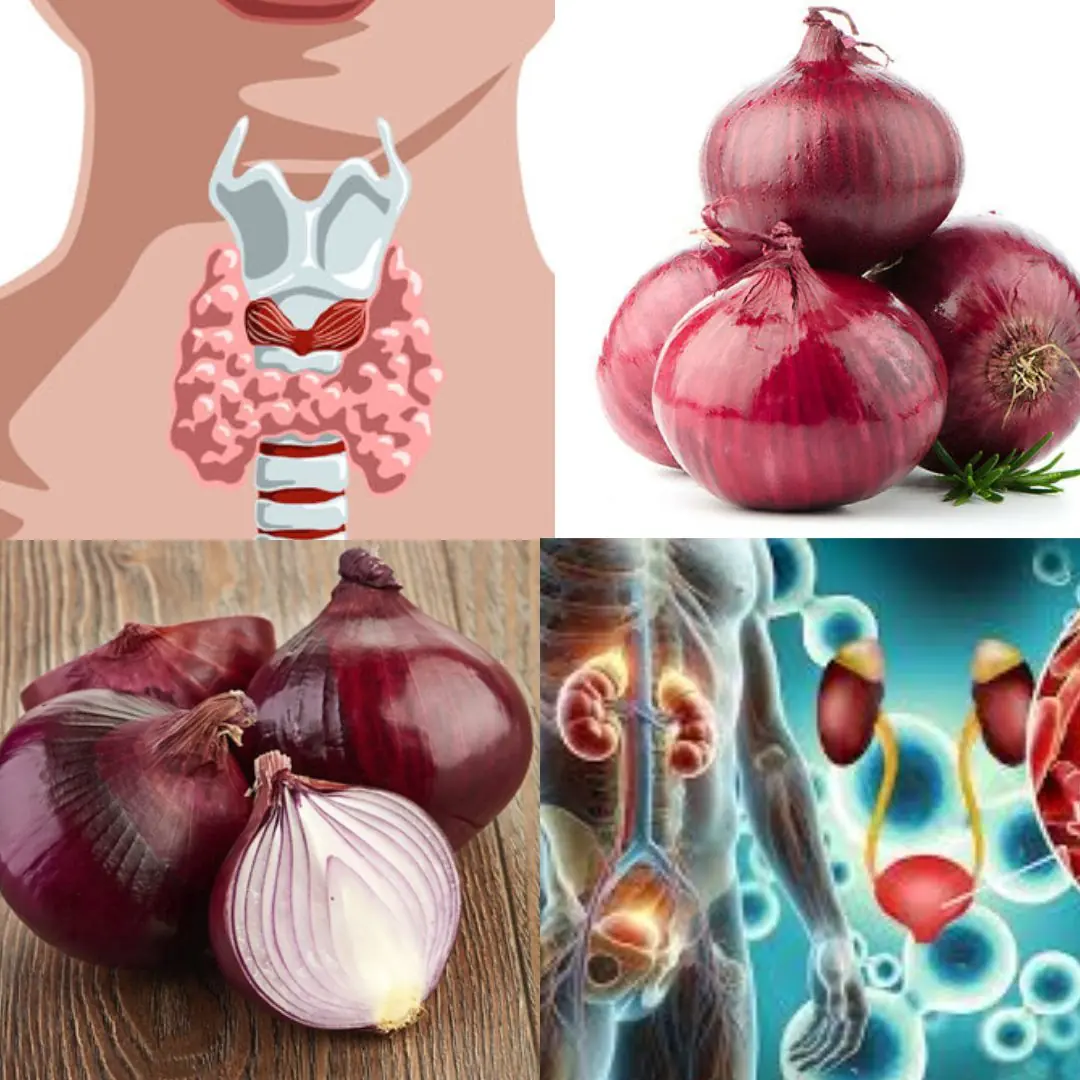
Euphorbia Hirta (Asthma-Plant): Ancient Remedies and Modern Applications for Health and Wellness

Doctor Warns Against This One Thing If You Wake Up at Night
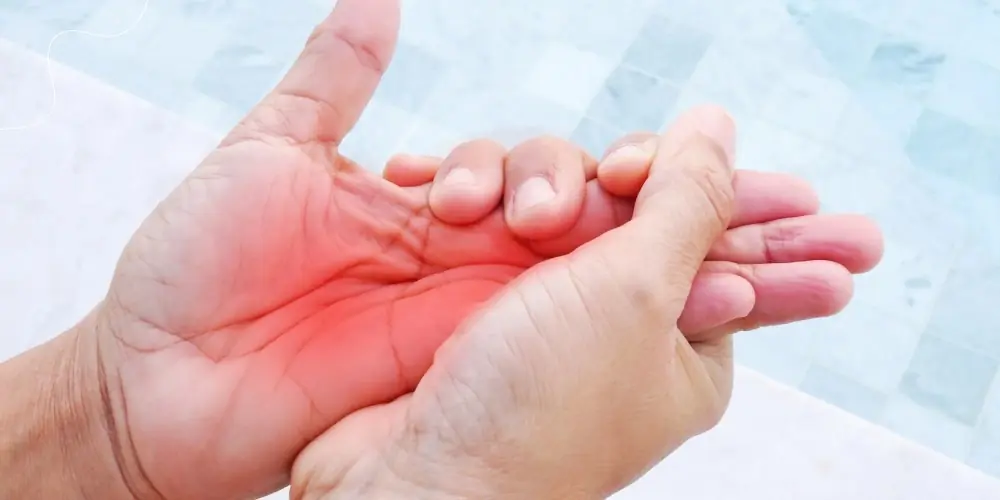
Reasons You Could Have Numbness or Tingling Sensations in Your Hands

A Well-Known Shampoo Is Being Withdrawn Immediately Due To Bacteria That Can Kill One In Ten Patients

9 Reasons Why You Should Eat Okra Multiple Times a Week
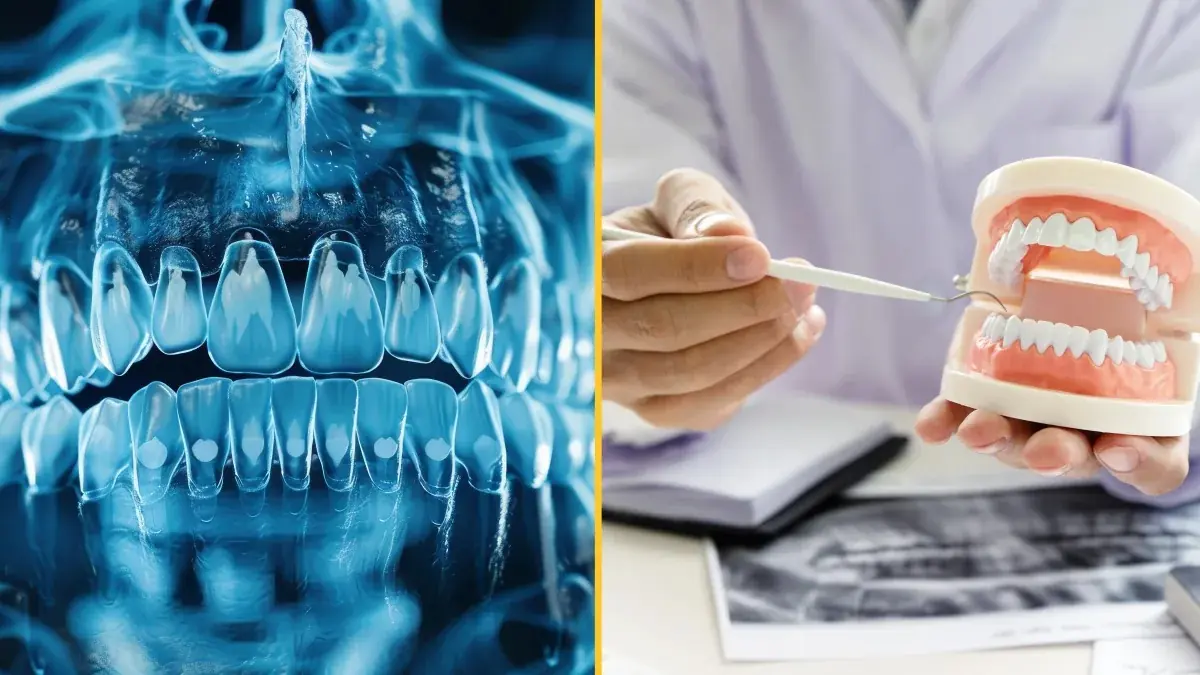
What’s In Your Mouth Could Be Triggering Alzheimer’s, Scientists Say
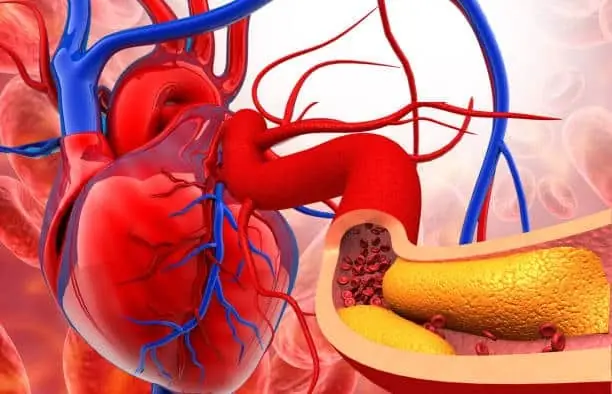
10 Signs You're Living With Clogged Arteries
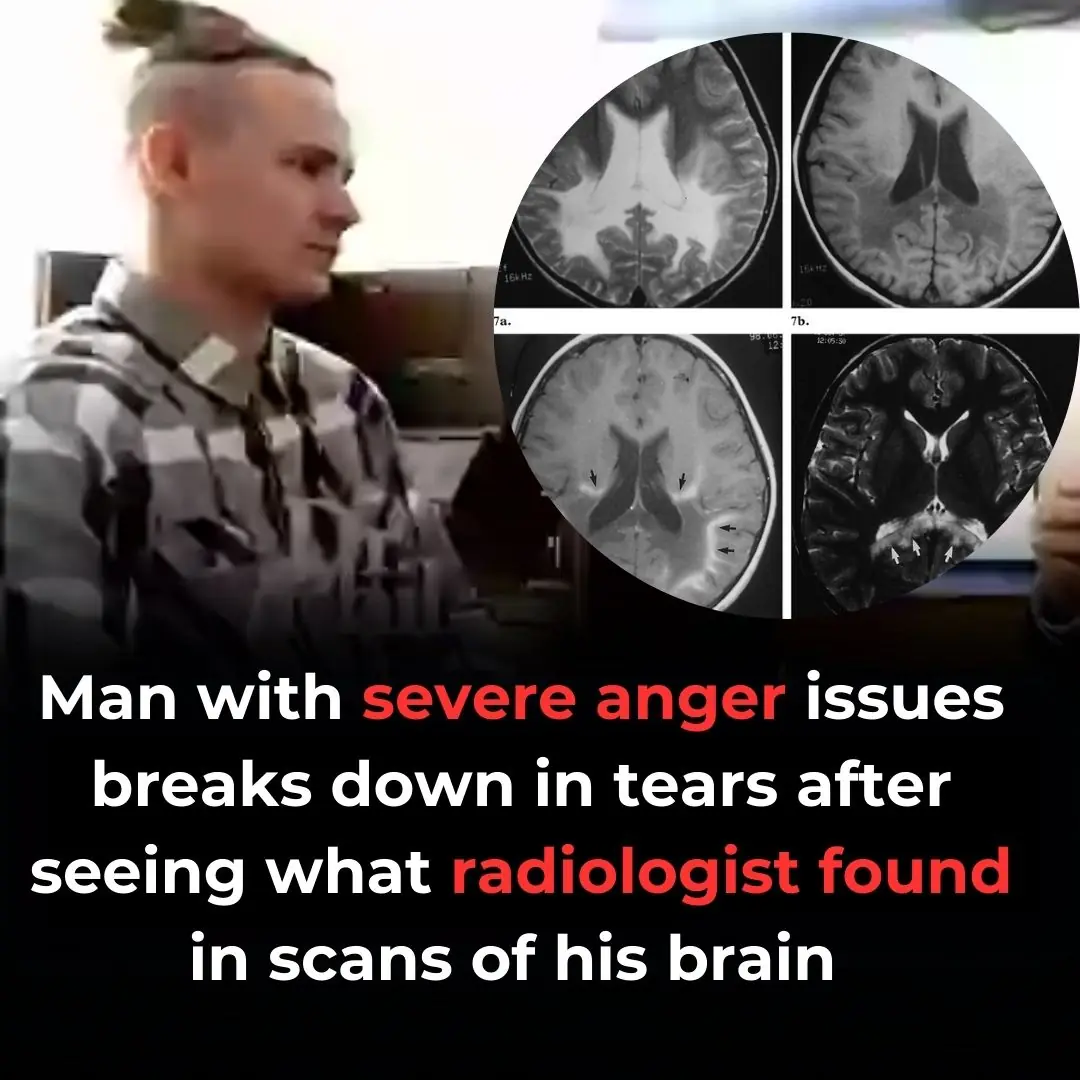
Man with severe anger issues breaks down in tears after seeing what radiologist found in scans of his brain

How to Treat H. Pylori Bacteria Causing Heartburn and Bloating + Natural Remedies
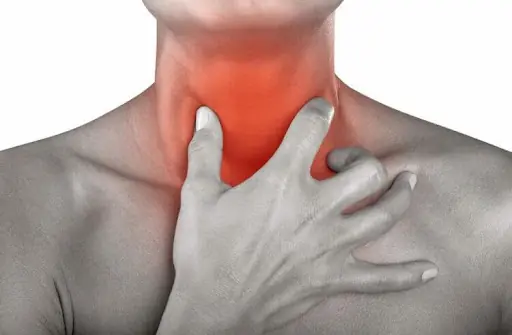
8 Ways To Get Rid Of Phlegm And Mucus In Chest And Throat

After A 49-Year-Old Father Of Two Passes Away, There Is An Urgent Warning For All Pet Owners Who Allow Their Dogs To Lick Them

8 of the Best Anti-Cancer Foods. It’s Time to Start Adding Them to Your Diet

Getting Annoyed By Chewing Sounds Is a Genuine Psychiatric Disorder
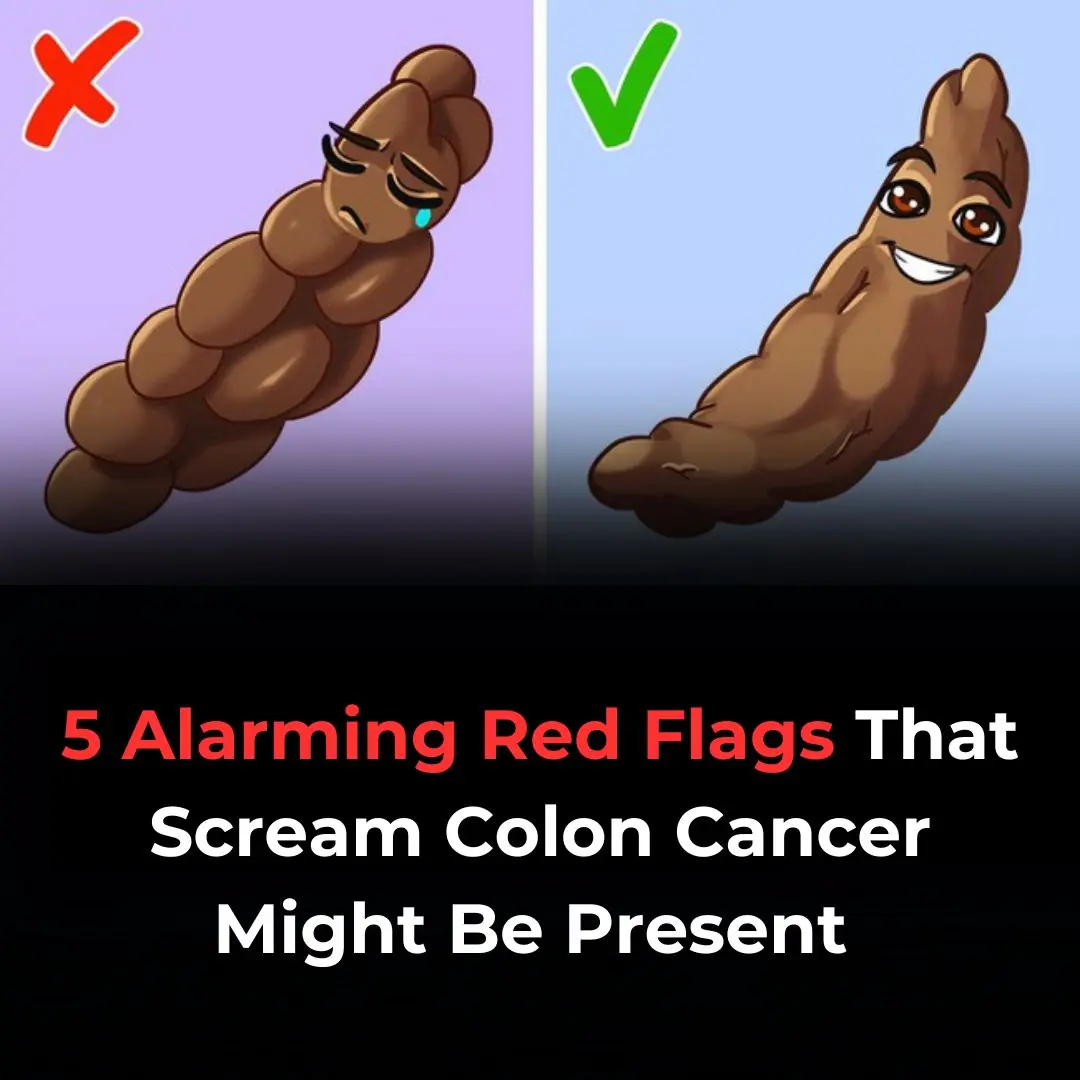
5 Concerning Red Flags That May Signal Colon Cancer
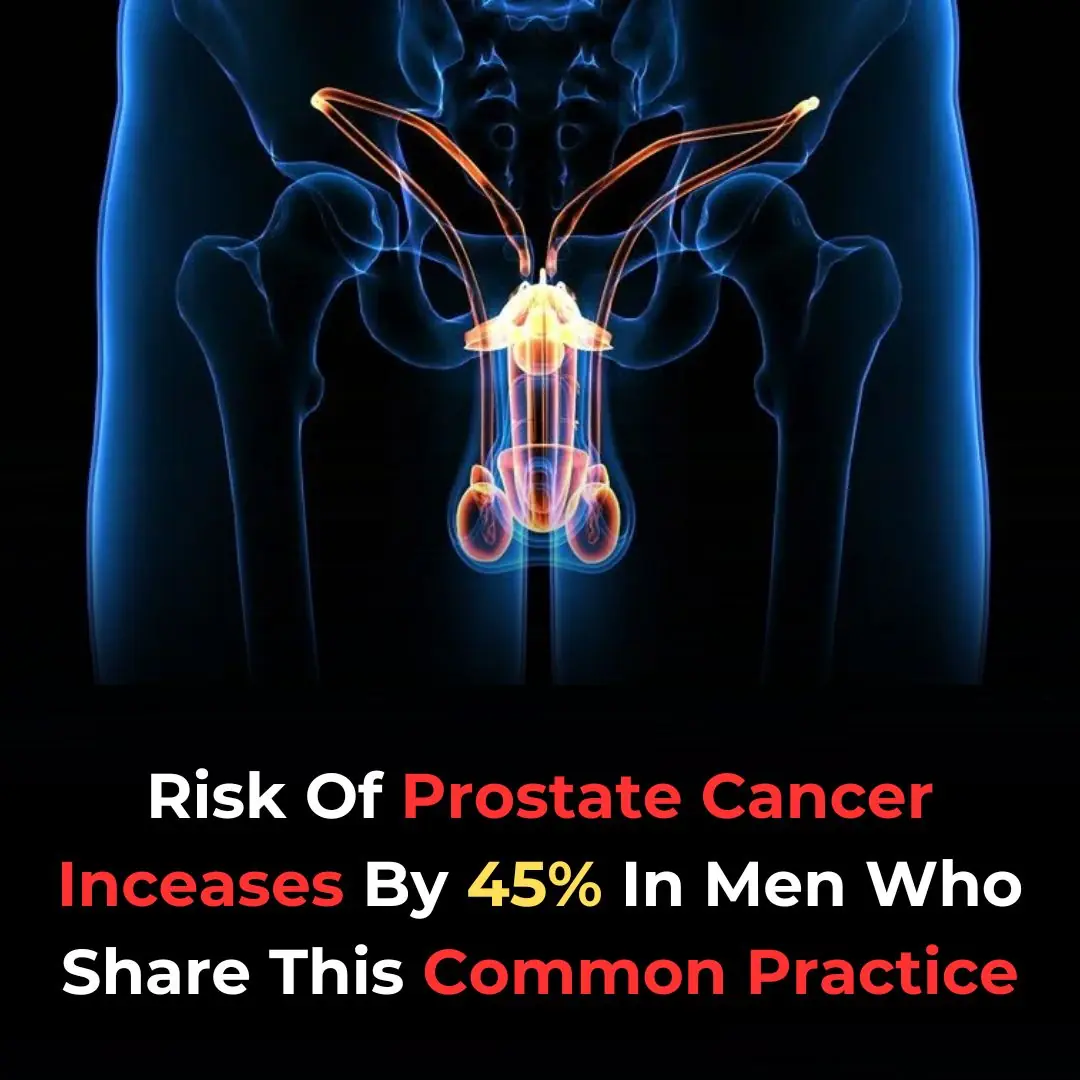
Risk Of Prostate Cancer Increases By 45% In Men Who Share This Common Practice
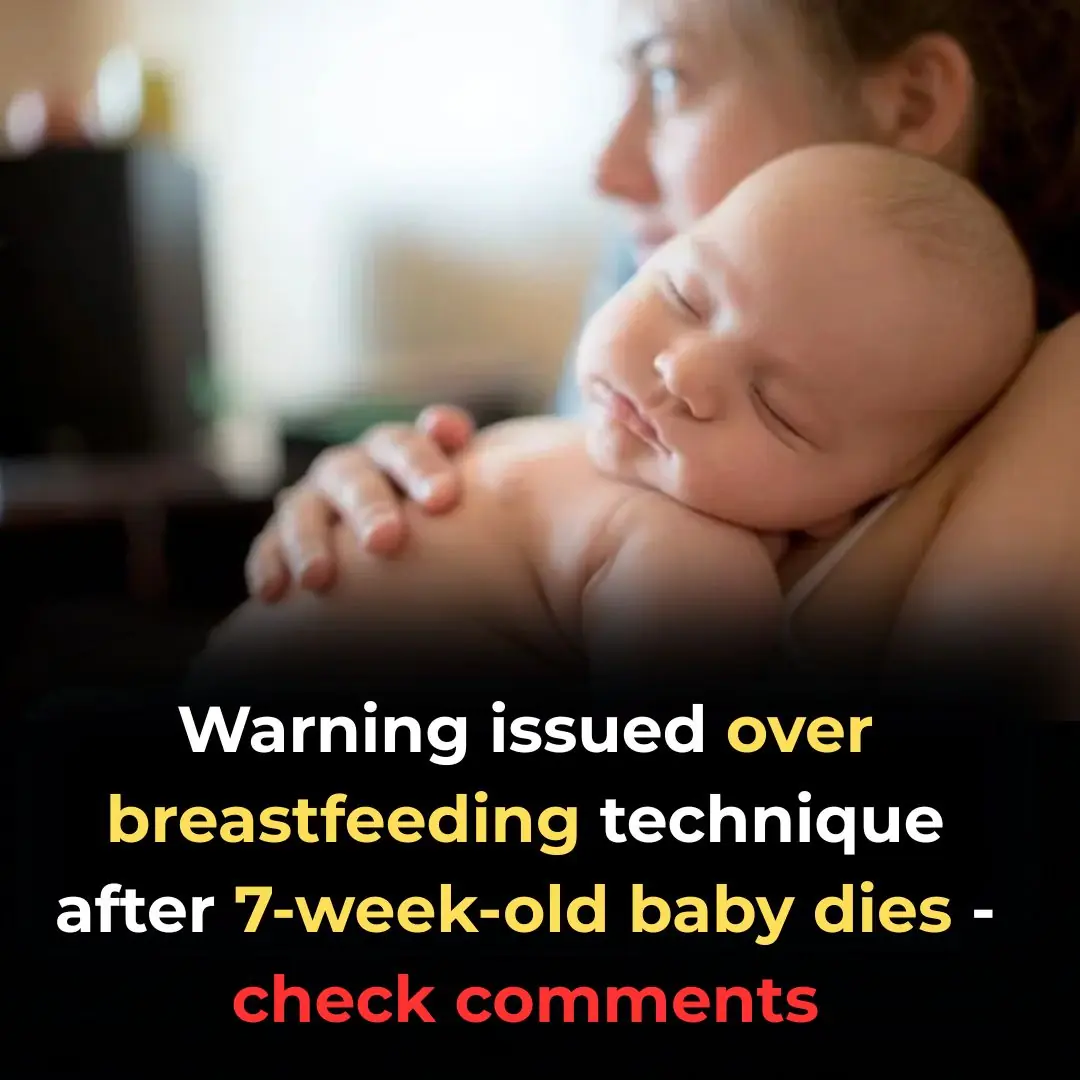
End-of-life nurse shares the most disturbing behaviors seen in those nearing death

**Say Goodbye to Skin Tags and Warts: Easy Removal with Hydrogen Peroxide**

8 Fruits That Can Harm People with Kidney Disease
News Post

Banana Peels as a Natural Ant Repellent: A Safe and Eco-Friendly Solution

1 year ago 1 year ago Peace Lily Care Guide: Key Tips to Ensure Its Flourishing Growth

THIS DOUBLES Your Testosterone Naturally in 7 Days!

10 Remarkable Health Benefits of Pigweed Greens You Need to Know

Euphorbia Hirta (Asthma-Plant): Ancient Remedies and Modern Applications for Health and Wellness
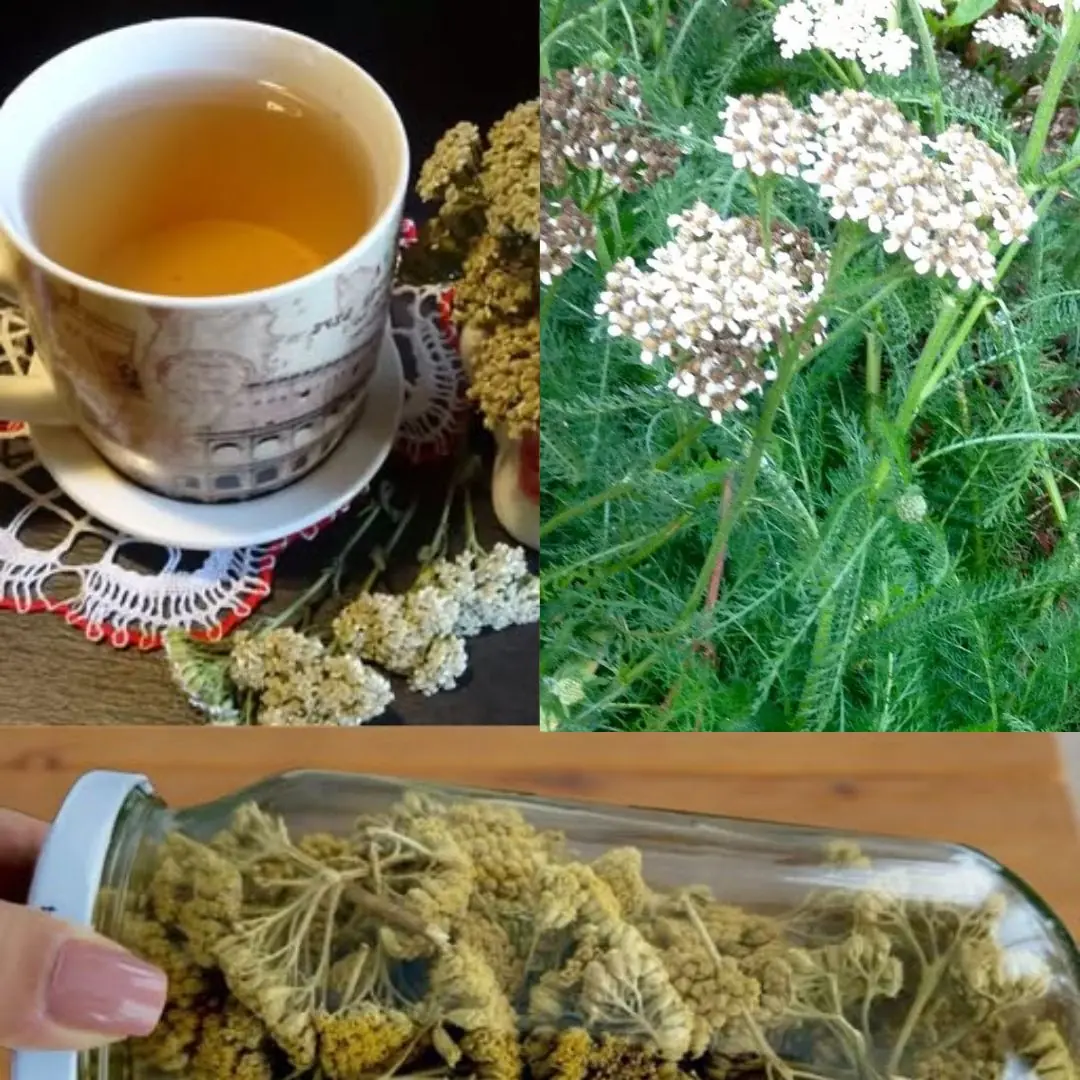
Yarrow: A Natural Herb with Powerful Health Benefits
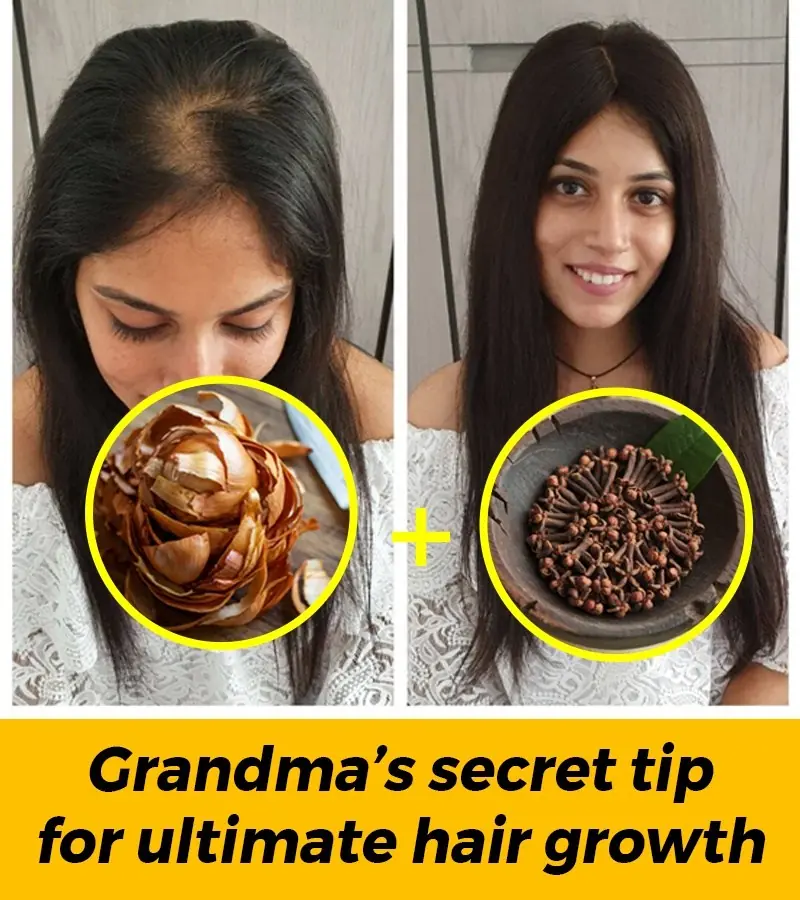
Onion peels and cloves: a simple hair growth remedy from Grandma's time

Vaseline to look 10 years younger

HE JUST NEEDED $25 FOR A HAIRCUT—BUT WHAT HE DID WITH IT SHOOK ME
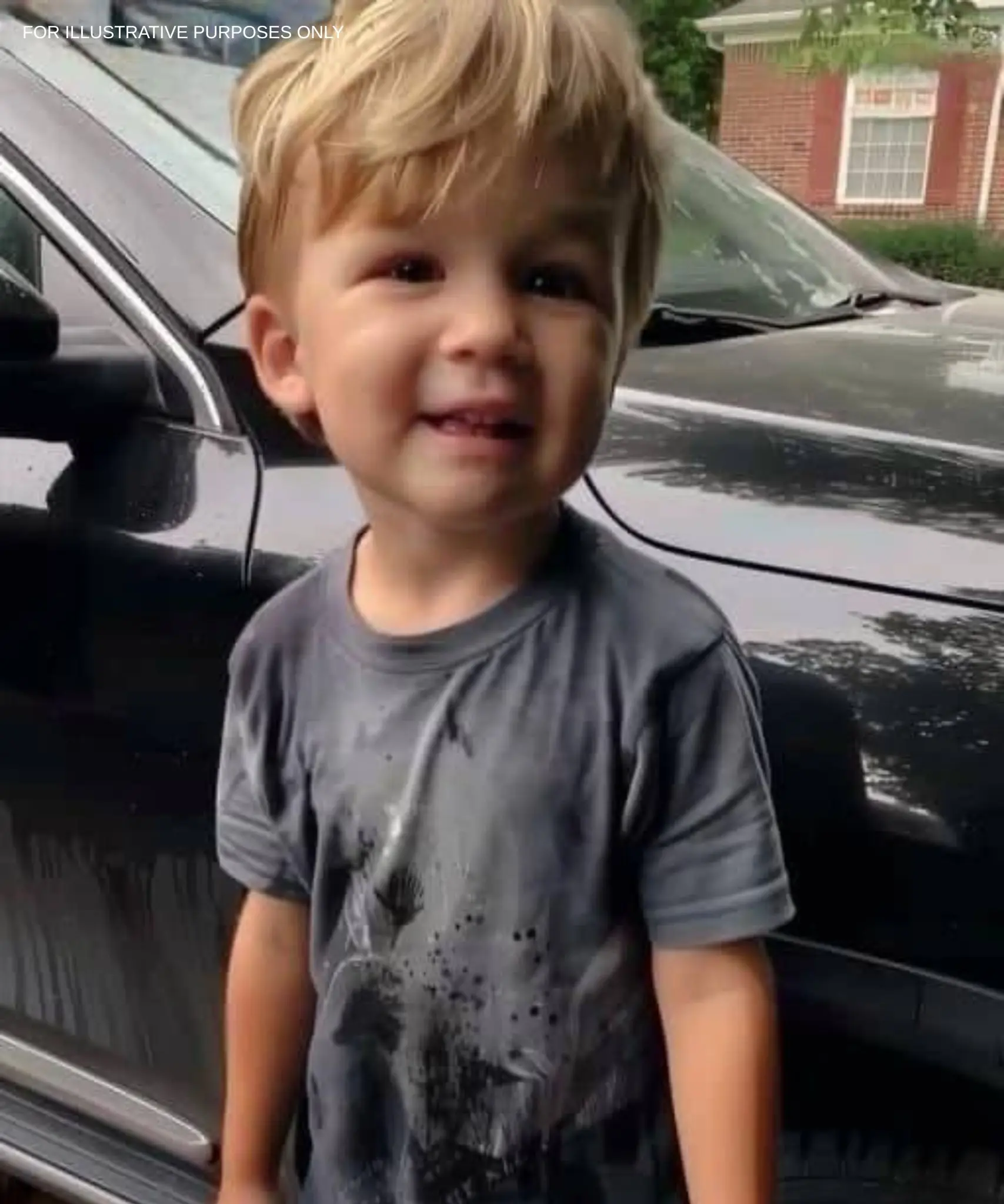
When my son innocently revealed that my husband had been secretly driving a brighter car with a woman I knew nothing about.

Doctor Warns Against This One Thing If You Wake Up at Night

Reasons You Could Have Numbness or Tingling Sensations in Your Hands

A Well-Known Shampoo Is Being Withdrawn Immediately Due To Bacteria That Can Kill One In Ten Patients
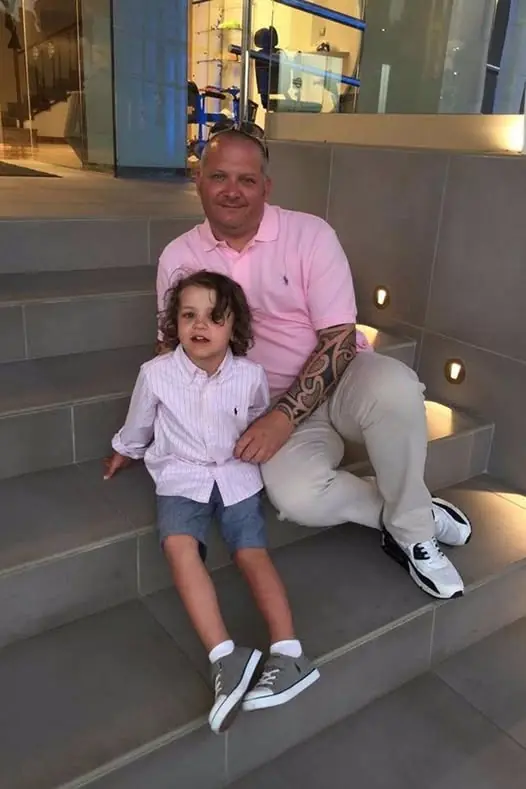
Why Was My Son Left Out? A Text Revealed the Truth
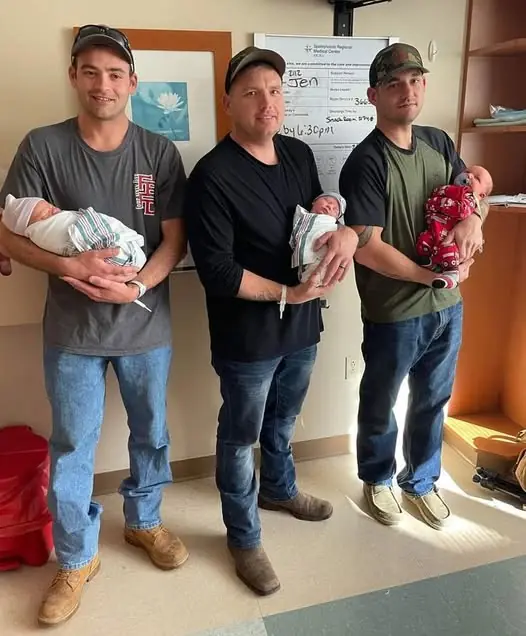
Three Became Fathers in a Day—One Text Changed Everything
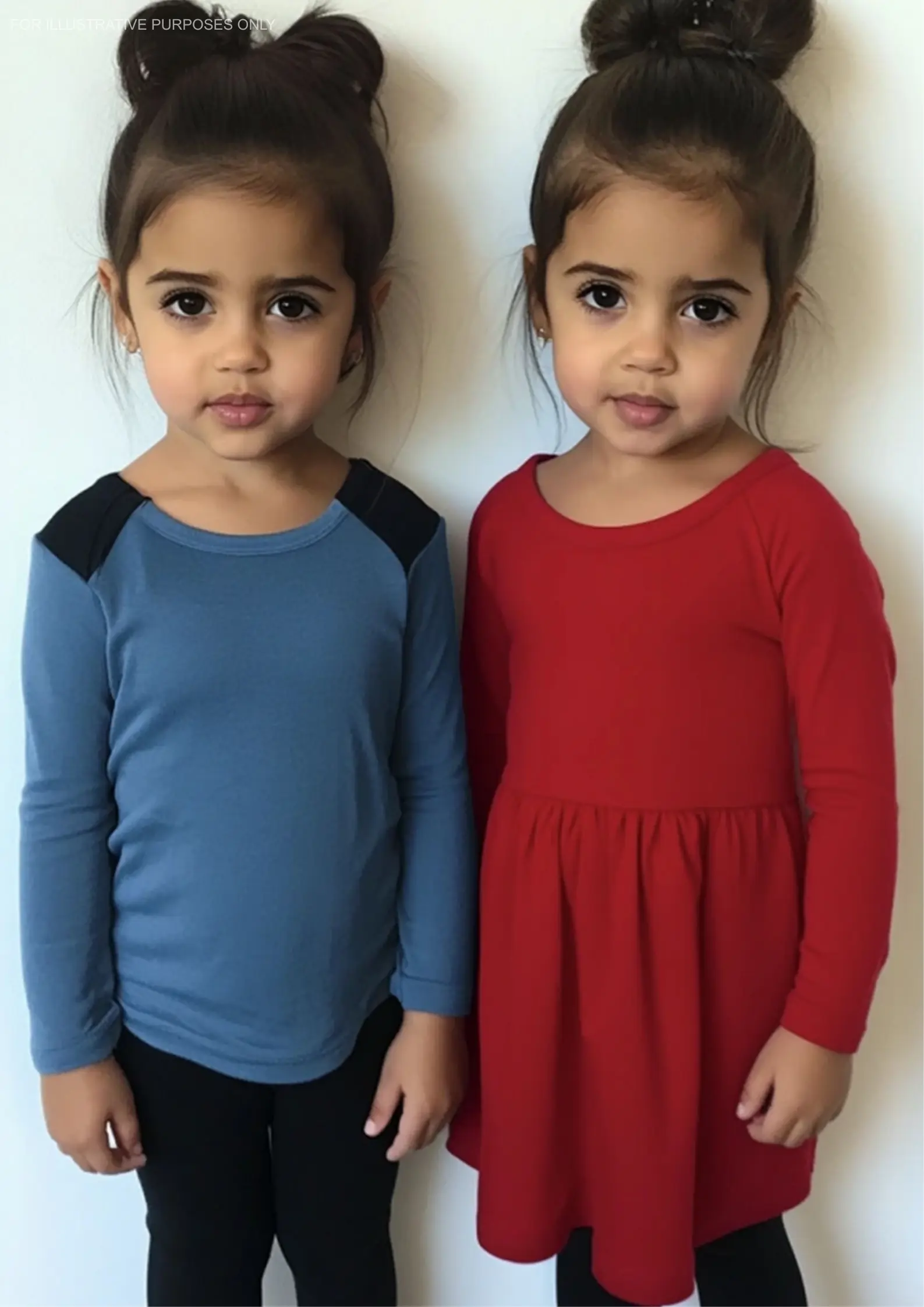
"Unbelievable Coincidence: The Orphanage Held a Carbon Copy of Our Child!"

The Hidden Weight of Childhood: A Journey of Independence, Compassion, and Unspoken Secrets
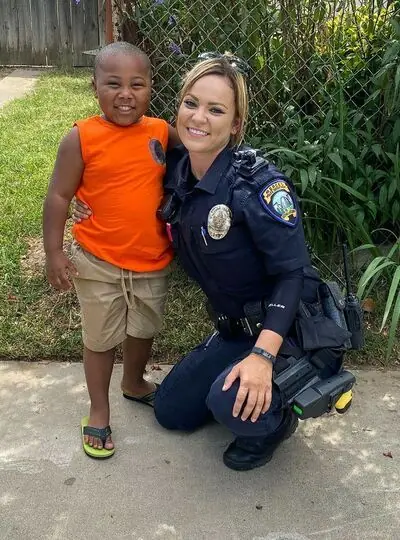
There were cops in my yard, and as an african american family, my mind was full of negative thoughts
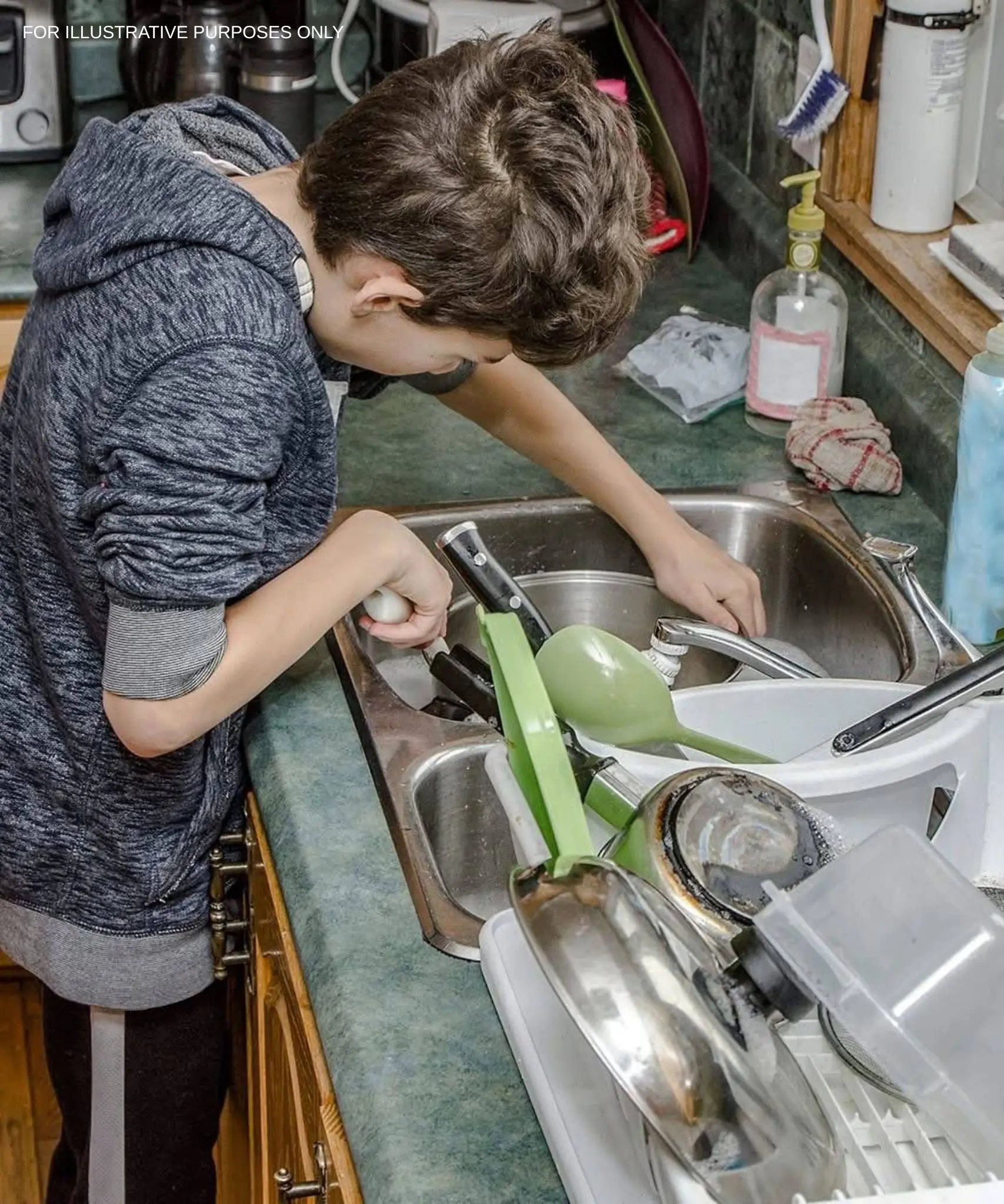
I Always Thought Housework Was a Breeze—Until My Son Taught Me a Lesson I’ll Always Remember

I Helped Plan a Family Cruise for My Dad and Stepmom & They Invited Me Too—I Didn't Know They'd Turn Me Into the Nanny
I thought joining my dad and stepmom on a family cruise would bring us closer. Instead, I found myself stuck in a tiny cabin with two kids and a long list of responsibilities no one warned me about.